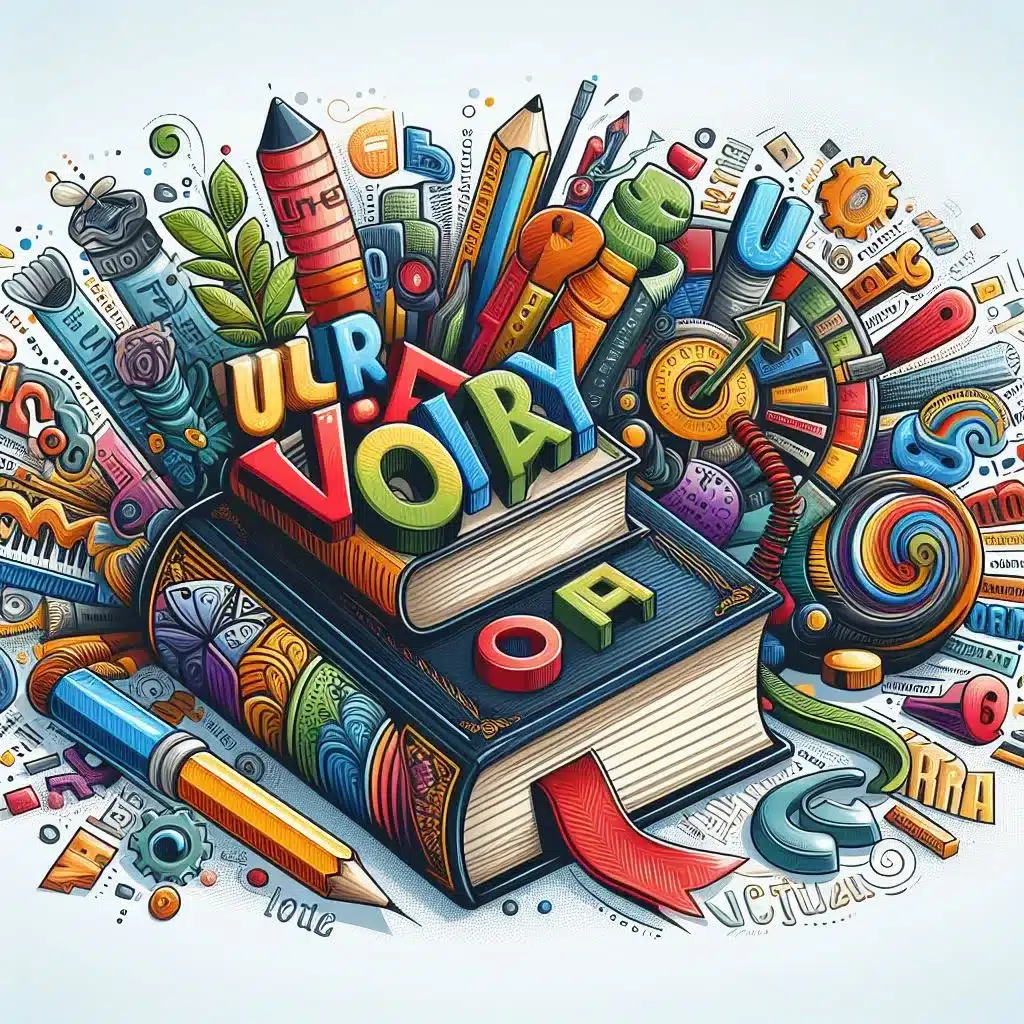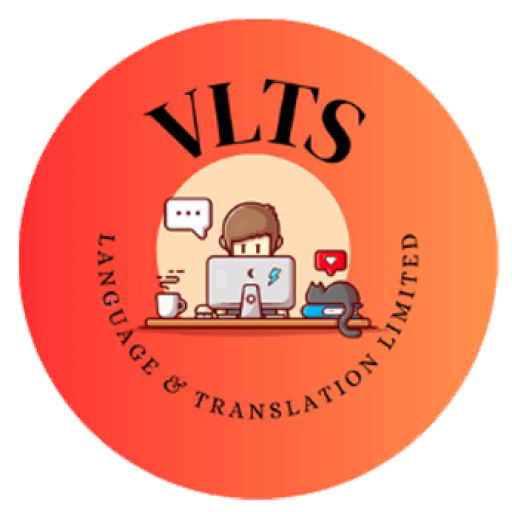Vocabulary Building
Introduction
Vocabulary building is an essential aspect of language acquisition and development. A strong vocabulary not only enhances one’s ability to effectively communicate but also plays a crucial role in reading comprehension, writing skills, and overall academic achievement. In this essay, we will explore various strategies and techniques for vocabulary building, the importance of a rich vocabulary, and the impact of vocabulary on language proficiency and cognitive development.
The Importance of Vocabulary
A rich and diverse vocabulary is fundamental to effective communication. Words are the building blocks of language, and the ability to select the right words in different contexts is a hallmark of linguistic competence. A broad vocabulary allows individuals to express themselves with precision and nuance, enabling them to convey their thoughts and ideas with clarity and sophistication.
In addition to its role in communication, vocabulary also plays a critical role in reading comprehension. Proficient readers rely on their vocabulary knowledge to understand and interpret written texts. When readers encounter unfamiliar words, their ability to infer meaning from context and make connections with known words is essential for comprehension. A strong vocabulary, therefore, is closely linked to reading fluency and comprehension.
Moreover, vocabulary is intricately connected to writing skills. Effective writing requires the use of varied and precise language to convey meaning and engage the reader. A rich vocabulary empowers writers to articulate their thoughts with depth and complexity, creating more compelling and persuasive written work.
Furthermore, a robust vocabulary is associated with academic success. Research has consistently shown a positive correlation between vocabulary size and academic achievement across various subjects. Students with a strong vocabulary are better equipped to understand and engage with complex academic texts, comprehend instructions, and express their ideas coherently in written assignments.
Strategies for Vocabulary Building
There are numerous strategies and techniques that individuals can employ to expand and enrich their vocabulary. These strategies encompass a range of activities and approaches that cater to different learning styles and preferences. Some of the most effective strategies for vocabulary building include:
1. Reading: Reading widely and regularly is one of the most powerful ways to build vocabulary. Exposure to diverse texts exposes individuals to new words and their contextual usage. Fiction, non-fiction, newspapers, and magazines all offer opportunities to encounter unfamiliar words in different contexts.
2. Contextual Learning: Learning new words in context enhances retention and understanding. Instead of memorizing isolated vocabulary lists, learners can focus on encountering new words in meaningful sentences and passages, which provides a deeper understanding of word usage and connotations.
3. Word Maps and Associations: Creating word maps or associations can help individuals connect new words to existing knowledge. This technique involves linking new words to related words, concepts, or personal experiences, making it easier to remember and use them in the appropriate context.
4. Vocabulary Apps and Tools: In the digital age, there are numerous apps and online tools designed to facilitate vocabulary building. These resources often employ interactive and engaging methods, such as games, quizzes, and flashcards, to make the learning process more enjoyable and effective.
5. Word Roots and Affixes: Understanding word roots, prefixes, and suffixes can provide valuable insights into the meanings of unfamiliar words. By recognizing common word elements, individuals can decipher the meanings of new words and expand their vocabulary systematically.
6. Mnemonics and Memory Techniques: Mnemonic devices, such as acronyms, visualization, and association, can aid in the retention of new vocabulary. By creating memorable connections or images related to specific words, learners can enhance their ability to recall and use them accurately.
7. Vocabulary Journals: Keeping a vocabulary journal allows individuals to record and review new words, along with their definitions, usage, and context. This practice encourages active engagement with new vocabulary and serves as a personalized reference for ongoing learning.

Impact of Vocabulary on Language Proficiency
The size and depth of an individual’s vocabulary have a profound impact on their overall language proficiency. A broad vocabulary is a hallmark of language fluency and competence, as it enables individuals to express themselves with clarity, precision, and eloquence. Moreover, vocabulary knowledge is closely linked to other language skills, such as grammar, syntax, and pragmatics.
In the context of second language acquisition, vocabulary development is a key component of achieving proficiency. Learners of a second language must actively build their vocabulary to facilitate communication and comprehension. Vocabulary acquisition is a gradual and ongoing process in language learning, and it is essential for learners to employ diverse strategies to expand their lexical repertoire.
Furthermore, the impact of vocabulary extends beyond linguistic competence to cognitive development. Research has shown that a rich vocabulary is associated with higher cognitive abilities, such as critical thinking, problem-solving, and creativity. A diverse vocabulary enables individuals to articulate complex thoughts and ideas, fostering cognitive flexibility and intellectual agility.
In educational settings, the importance of vocabulary development is underscored by its influence on academic performance. Students with a strong vocabulary are better equipped to engage with academic content, comprehend complex texts, and express their ideas persuasively in oral and written forms. As such, educators play a crucial role in fostering vocabulary development through explicit instruction, meaningful exposure to language-rich environments, and targeted vocabulary activities.
Conclusion
In conclusion, vocabulary building is a multifaceted and essential aspect of language development and proficiency. A rich and diverse vocabulary empowers individuals to communicate effectively, comprehend written texts, express themselves through writing, and achieve academic success. By employing a variety of strategies and techniques, individuals can actively expand their vocabulary, leading to enhanced language proficiency and cognitive development. As language learners and educators, recognizing the significance of vocabulary building is paramount to fostering linguistic competence and academic achievement.






